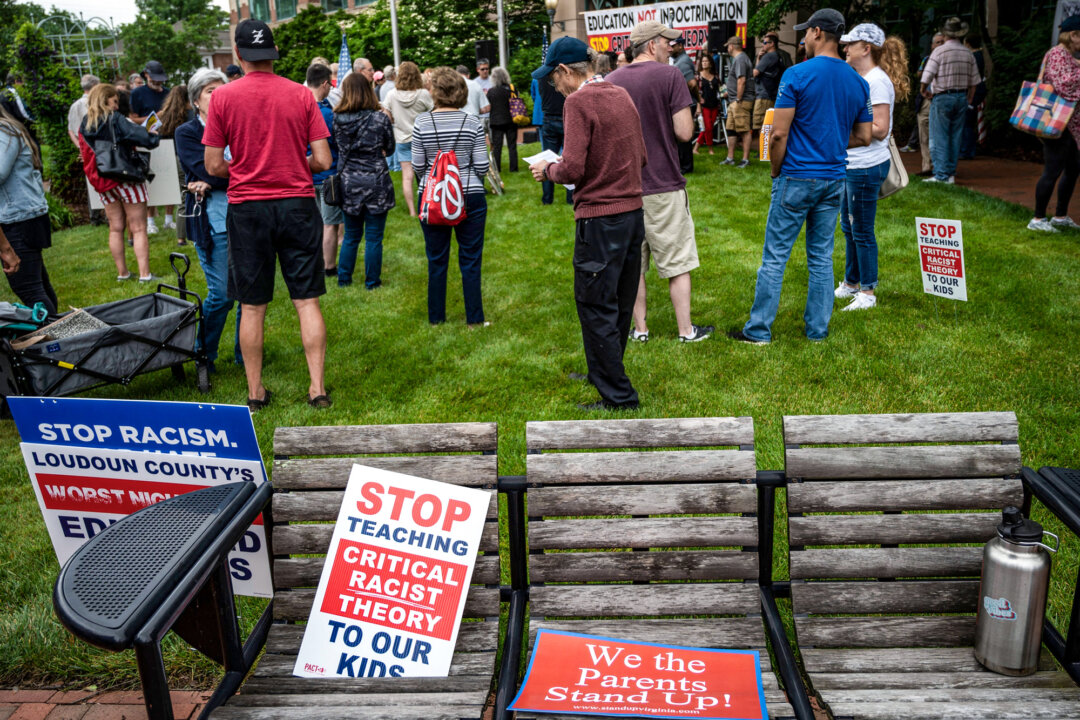Trump's Education Policy Changes: A Shift in Control and Controversy
How Trump Might Tackle Gender Ideology, Critical Race Theory in Schools 🔗

President-elect Donald Trump plans to implement significant changes in education policy by banning critical race theory and preventing transgender girls from competing in girls' sports. He intends to cut federal funding for non-compliant schools and has proposed abolishing the U.S. Department of Education. Trump has nominated Linda McMahon to lead the department, emphasizing a return of educational control to the states. Opposition from various groups, including teachers' unions and civil rights organizations, is expected, and legal battles over these policies may arise. The Supreme Court is also considering key cases regarding parental rights and gender-related laws, which could influence future educational policies.
- Trump aims to ban critical race theory and restrict transgender participation in sports.
- He plans to withdraw federal funding from schools that do not comply with these policies.
- Opposition from teachers' unions and civil rights groups is anticipated.
- Legal challenges regarding parental rights and educational policies are expected in the Supreme Court.
What are Trump's main education policy goals?
Trump aims to ban critical race theory from schools, prevent transgender girls from participating in girls' sports, and restore parental rights regarding children’s education and welfare.
How does Trump plan to enforce his education policies?
He intends to cut federal funding to schools that do not comply with his policies and has proposed abolishing the U.S. Department of Education, although this would require Congressional approval.
What opposition does Trump face regarding his education agenda?
Trump faces opposition from teachers' unions, civil rights groups, and various state leaders who plan to challenge his policies in court, particularly regarding parental rights and gender-related laws.